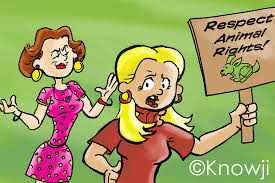disparaging
英 [dɪˈspær.ɪ.dʒɪŋ]
美 [dɪˈsper.ɪ.dʒɪŋ]
- adj. 毁谤的;轻蔑的
- v. 蔑视(disparage的ing形式)

记忆方法
将“disparaging”分解为“dis-”前缀和“parage”部分。想象“dis-”像是一个倒置的打击,打击了“parage”(意为表扬或赞扬),因此“disparaging”意味着贬低或诋毁。
以上内容由AI生成, 仅供参考和借鉴
权威例句
- 1. He was critical of the people, disparaging of their crude manners.
- 他对那些人很有看法,看不起他们粗俗的举止。
- 2. The Minister was alleged to have made disparaging remarks about the rest of the Cabinet.
- 据说这位部长发表了一些贬低其他内阁成员的言论。
- 3. Halliday's comments grew daily more and more sparklingly disagreeable and disparaging.
- 一天天过去,哈里代的评论越来越肆无忌惮,越来越讨人嫌,越来越阴损了.
- 4. Even with favorable items they would usually add some disparaging comments.
- 即使对好消息,他们也往往要加上几句诋毁的评语.
- 5. Offensive Slang Used as a disparaging term for an Irishman.
- 爱尔兰乡巴佬:对爱尔兰人的贬称.